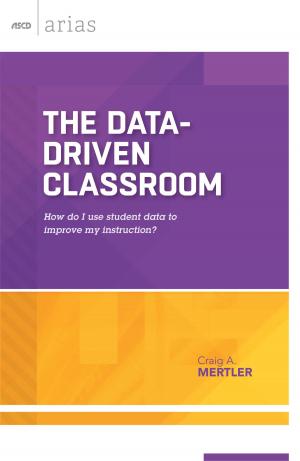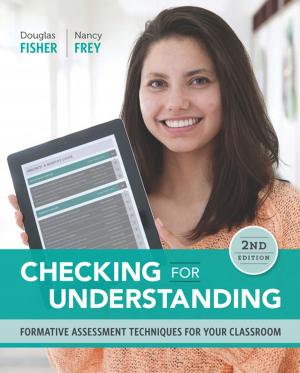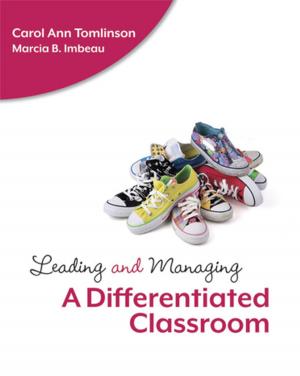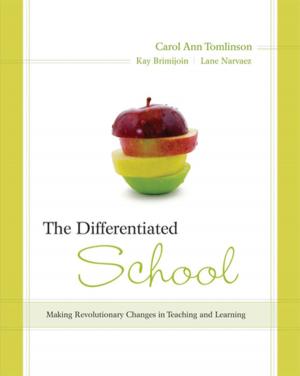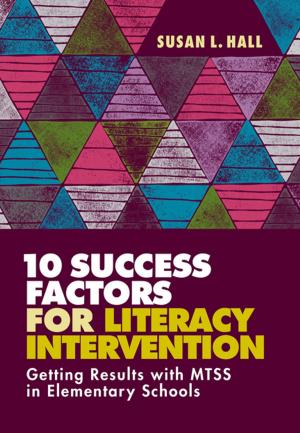Teacher Evaluation to Enhance Professional Practice
Nonfiction, Reference & Language, Education & Teaching, Educational Theory, Evaluation| Author: | Charlotte Danielson, Thomas L. McGreal | ISBN: | 9781416615828 |
| Publisher: | ASCD | Publication: | July 15, 2000 |
| Imprint: | ASCD | Language: | English |
| Author: | Charlotte Danielson, Thomas L. McGreal |
| ISBN: | 9781416615828 |
| Publisher: | ASCD |
| Publication: | July 15, 2000 |
| Imprint: | ASCD |
| Language: | English |
Teacher evaluation--a term that brings fear, anticipation, stress, anxiety, or even boredom to the hearts of teachers and administrators everywhere. How can we reinvent teacher evaluation so that it really makes a difference--so that everyone in school benefits from it, so that teachers and administrators learn from it, so that students succeed as a result of it? The bad news is that many schools and districts seem to be stuck in old ruts, involving The Observation, The Behavior Checklist, and The Conference. The good news is that many districts have paved the way for teacher evaluation to actually become professional development, by using a three-track evaluation system: * Track I, for beginning teachers, promotes growth and new learning through mentoring, frequent observations, and support systems. * Track II, for tenured teachers--that is, most teachers in the system--promotes professional learning experiences through self-assessment, goal setting, data collection, formative evaluations, study groups, action plans, and evaluation in which teachers play an active role. * Track III, for tenured teachers needing assistance, focuses on remediating difficulties and recommending further action. More good news: Through concrete examples, useful forms, and assessment tools, this book provides a clear roadmap to effective teacher evaluation systems that combine quality assurance with professional development for all teachers.
Teacher evaluation--a term that brings fear, anticipation, stress, anxiety, or even boredom to the hearts of teachers and administrators everywhere. How can we reinvent teacher evaluation so that it really makes a difference--so that everyone in school benefits from it, so that teachers and administrators learn from it, so that students succeed as a result of it? The bad news is that many schools and districts seem to be stuck in old ruts, involving The Observation, The Behavior Checklist, and The Conference. The good news is that many districts have paved the way for teacher evaluation to actually become professional development, by using a three-track evaluation system: * Track I, for beginning teachers, promotes growth and new learning through mentoring, frequent observations, and support systems. * Track II, for tenured teachers--that is, most teachers in the system--promotes professional learning experiences through self-assessment, goal setting, data collection, formative evaluations, study groups, action plans, and evaluation in which teachers play an active role. * Track III, for tenured teachers needing assistance, focuses on remediating difficulties and recommending further action. More good news: Through concrete examples, useful forms, and assessment tools, this book provides a clear roadmap to effective teacher evaluation systems that combine quality assurance with professional development for all teachers.

